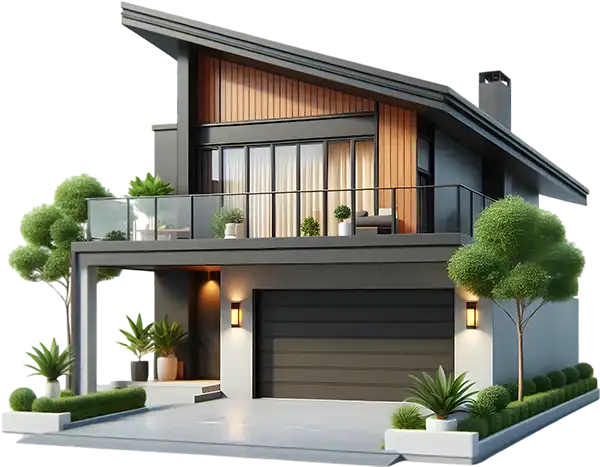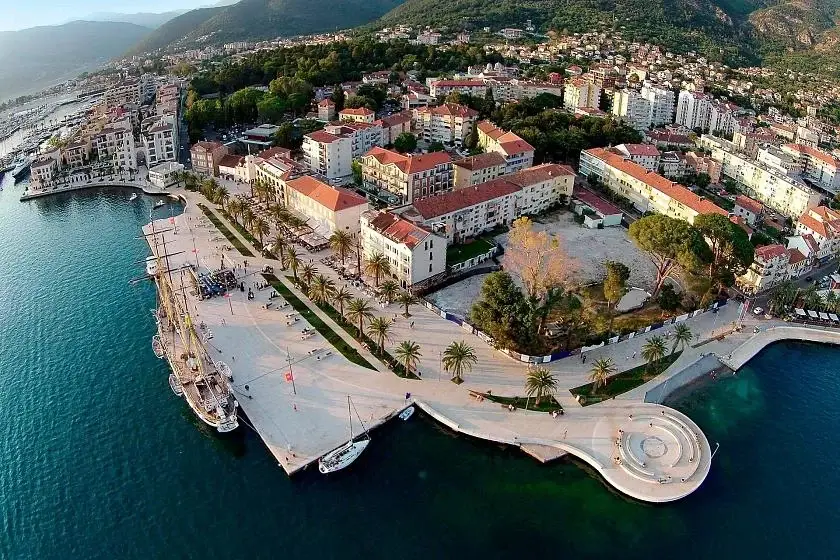
Montenegro is not only picturesque views and unique nature, but also an attractive property market
Read more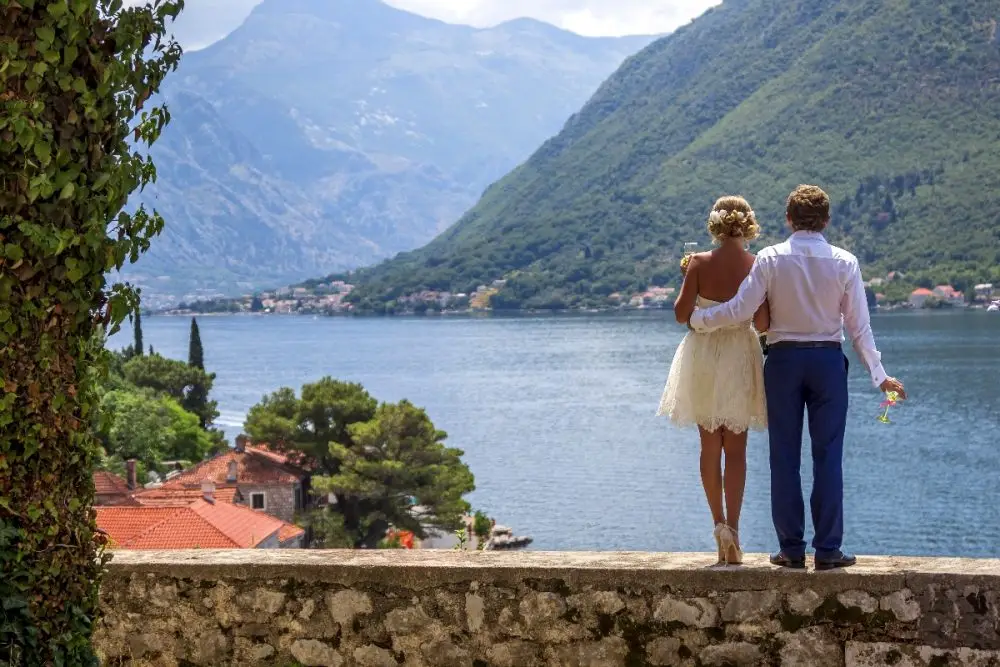
Citizenship by naturalization has long been transformed from an abstract legal procedure into a strategic tool. This decision is often based not only on the desire to strengthen the legal status, but also on a specific calculation: access to international opportunities, change of tax jurisdiction, protection of rights, freedom of movement. The naturalization process forms …
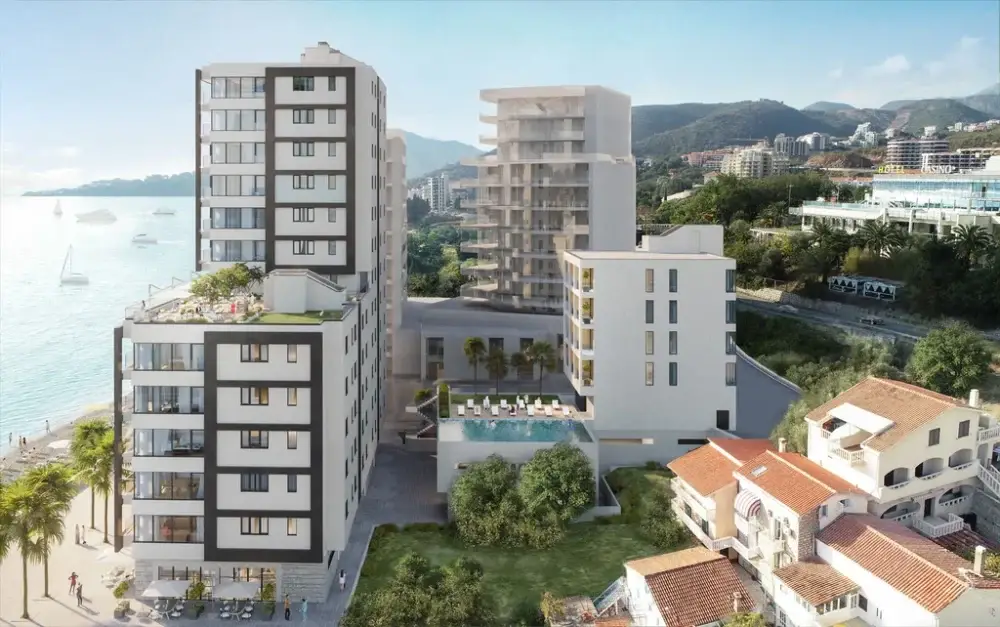
Investing in property overseas no longer looks like a luxury – it has become a sound strategy for capital protection and growth. The benefits of investing in overseas commercial property open up a world of opportunities for investors, from stable cash flow to value growth in rapidly developing regions. Choosing the right market becomes the …
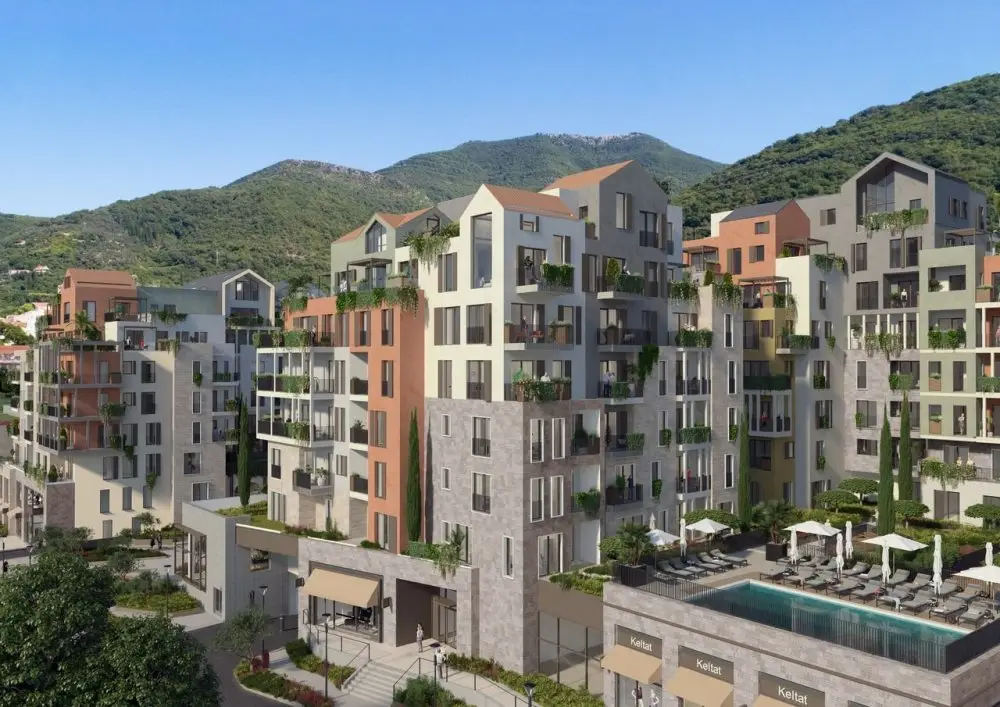
Montenegro, with its breathtaking scenery, mild climate and status as one of the most affordable countries to buy property in Europe, has become a real magnet for foreign investors in recent years. Interest in the Balkan property market is steadily growing. But is it really worth buying property in Montenegro in terms of long-term benefits …
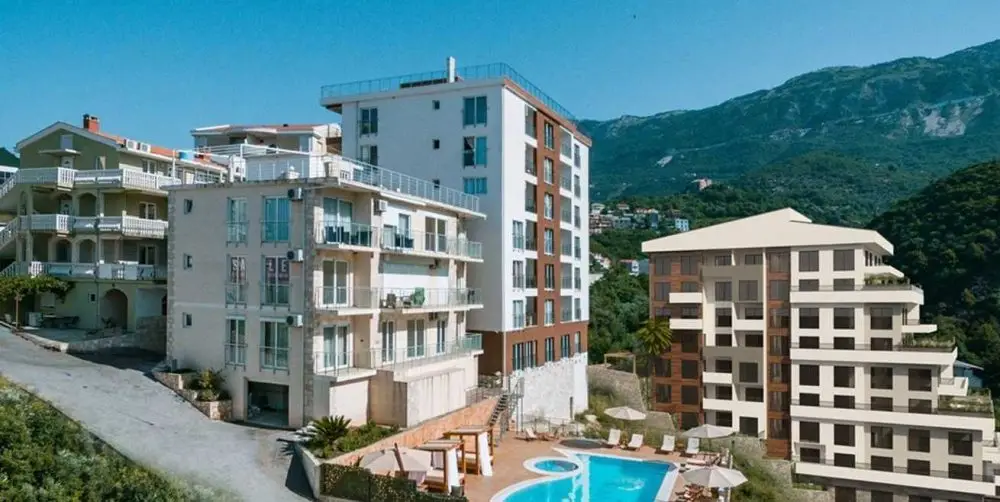
The pearl of Montenegro is famous for its beautiful coastline, mild climate and developed infrastructure. Property in Budva is increasingly attracting foreign investors, tourists and those looking for an ideal place to live. It is a location that combines the beauty of nature, culture and comfort of modern life. Overview of the property market in …
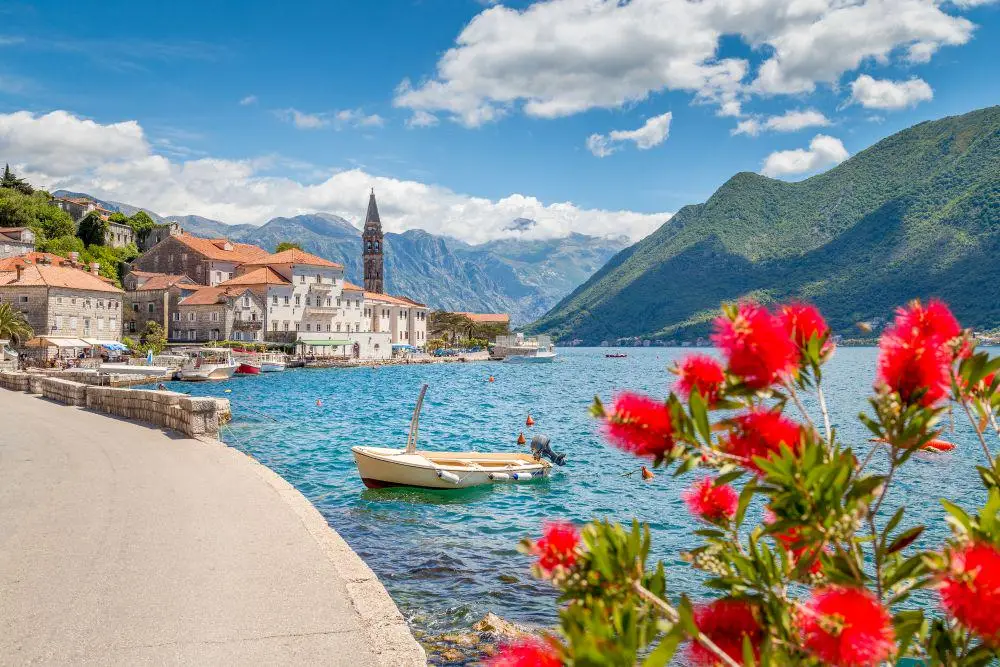
Montenegro attracts Russians and other foreigners with picturesque landscapes, mild climate and the opportunity to buy property by the sea. But before you take that important step, it is worth considering all the advantages of living in Montenegro and understanding whether buying property here is really a justified decision. Living by the Adriatic Sea: romance …
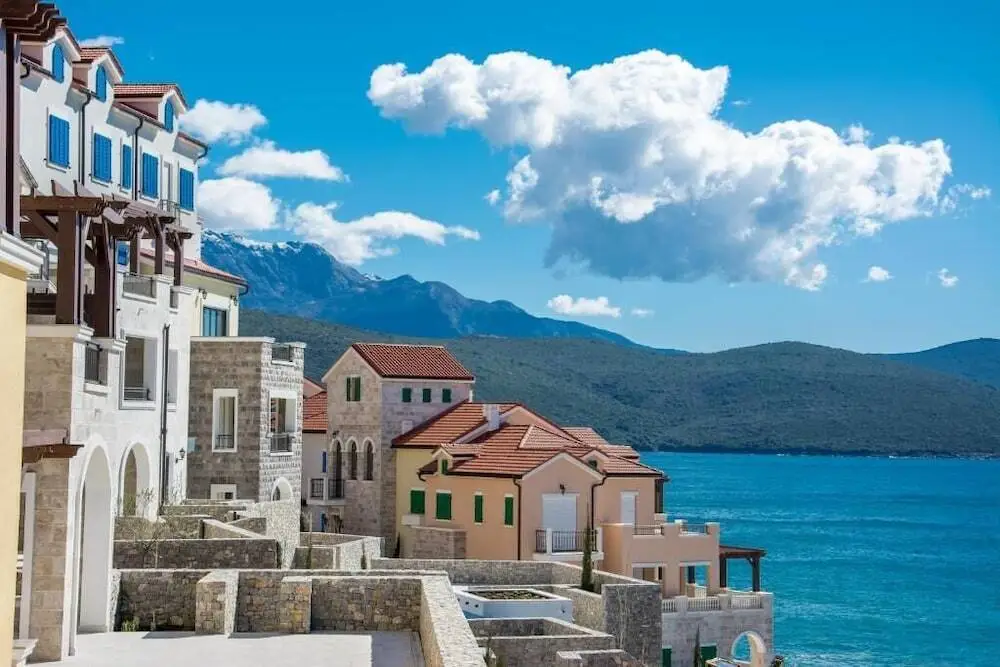
Stable economy, mild climate and affordability make the sunny country attractive to investors from all over the world. Montenegro’s developed property market offers a wide range of properties for purchase – from cosy flats to luxury villas. Tax incentives and simple procedures emphasise the benefits of investment. Economic advantages of buying property in Montenegro The …
Picturesque landscapes, clean air of nature and silence
Long-term investments with a guarantee of capital growth and profits
Proximity to the sea, resorts and convenient transport accessibility
Excellent transport and social infrastructure for life
Montenegro offers unique opportunities to buy property in the most picturesque parts of the country. You will find here both cosy flats by the sea and spacious villas with stunning mountain views. This is not only a comfortable place to live, but also a profitable investment with the property value increasing in the long term
